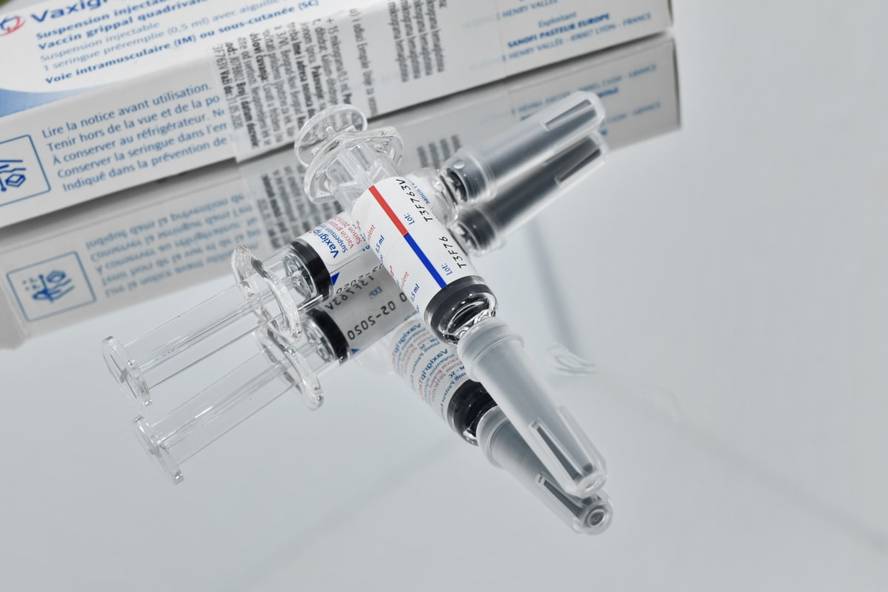Difficulties in the development of covid-19 vaccine are highlighted
The journal Science includes the main difficulties for the development of the covid-19 vaccine. According to him, the most advanced candidates are prepared for the third phase. In this phase of clinical sessions thousands of volunteers are needed and the main objective is to test the effectiveness of the candidate before a placebo. Thus, to see if the vaccine protects from infection or from serious illness, volunteers must be in danger of infection. To do this, it is convenient that the clinical sessions are held in places where the plague is active and not easy.
As mentioned in the article, Wuhan, Seattle and Milan, for example, could be very good places to test vaccines recently, but since they have managed to reduce the pest, the laboratories have been put on view in some places. The American company Moderna, for example, has been launched into the test network of the AIDS and flu vaccine in hospitals and universities of the country to achieve the participation of 30,000 people.
China, for its part, is more difficult, since it has no active foci of infection in the country. Thus, one of the laboratories proposes to test in Brazil, in the company of a company. The WHO driven Solidarity tests, for their part, will be tested as Ebola vaccines in Africa, that is, they will be sent by the vaccine test team to the active foci that are generated.
In addition to highlighting the difficulty of getting suitable participants to test candidates, the article raises a question: What does it mean that a candidate has triumphed, prevents infection or transmission, or prevents the appearance of a smooth or hard variant of the disease? In fact, it may happen that a candidate who does not prevent infection, for example, has no serious symptoms, and that would also be a great achievement.
They report that to measure efficacy it will be considered satisfactory if it has managed to protect half of participants within six months in a population with a prevalence of 1% of the SARS-CoV-2 virus and after 150 infections.
More than one candidate may get this result and WHO and other international organizations are already studying how to ensure vaccines reach impoverished places. The article ends with a note: “We have to be very careful in managing expectations.”






